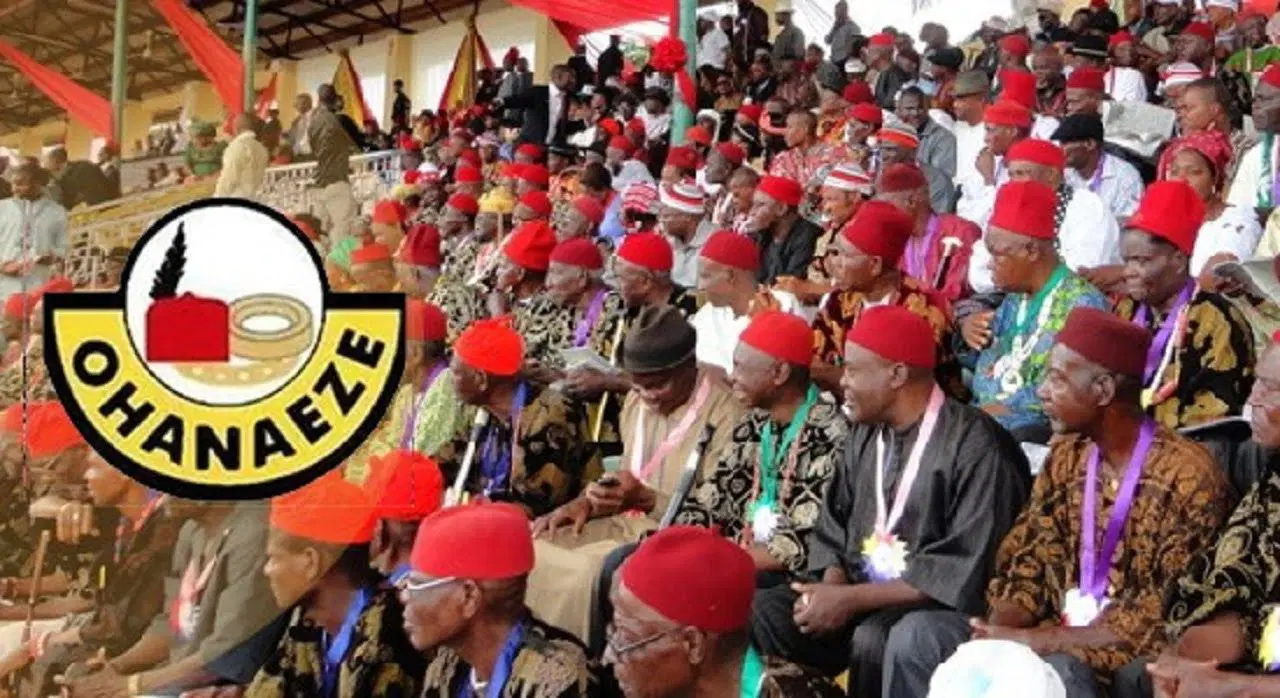The Peace in the South-East Project (PISE-P), initiated by Rt. Hon. Benjamin Kalu, the Deputy Speaker of the House of Representatives, was launched amidst great expectations for enhanced security and peace in a region plagued by persistent insecurity. The initiative garnered significant support from both Igbo and non-Igbo residents who were hopeful for effective solutions to the ongoing crises.
Kalu and his team framed PISE-P as a proactive approach to negotiating peace and security in the troubled South-East, and the program was inaugurated with much fanfare, featuring prominent figures such as Vice-President Kashim Shettima, distinguished traditional rulers, and notable leaders from the Igbo community. This high-profile launch instilled a sense of optimism among the residents.
The framework of PISE-P is built upon eight pillars:
- Education
- Agriculture
- Commerce/Industry
- Infrastructural Development
- Culture and Tourism
- Sports/Entertainment
- Governance/Leadership
- Reconciliation/Rehabilitation/Reintegration
Kalu emphasized that the operational plan for the project aims to tackle socio-economic challenges while fostering security and peace-building efforts. This includes stakeholder engagement, strategic implementation, resource management, monitoring and evaluation, and communication strategies spearheaded by experts to ensure alignment with sustainable development goals.
Moreover, plans were made for a town hall meeting involving lawmakers from the five South-East states—Abia, Anambra, Imo, Ebonyi, and Enugu—to discuss strategic lawmaking and conflict resolution.
However, ten months after its launch, the situation in the South-East has deteriorated rather than improved. The initial enthusiasm surrounding PISE-P has diminished, and many community members are now unaware of the project’s objectives or how to engage with its framework to address their pressing issues. This disconnect raises concerns about the effectiveness of the initiative and the need for renewed efforts to engage the community actively.
To rekindle hope and effectiveness in PISE-P, it is essential for Kalu and his team to increase awareness about the project, ensure transparent communication about its goals and progress, and involve community members in the dialogue. Empowering residents with the knowledge and tools to leverage PISE-P could be key to addressing the challenges facing the South-East and ultimately restoring faith in the initiative.

